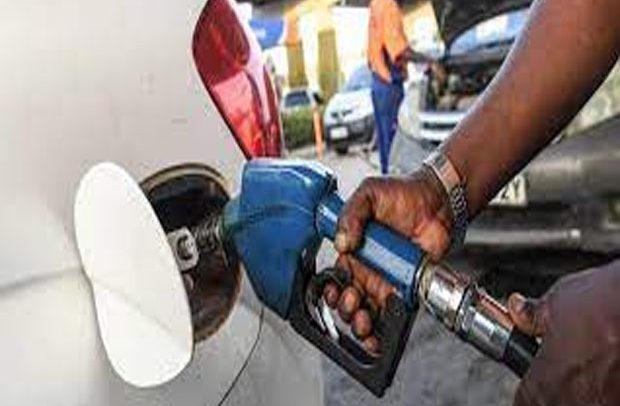Petrol prices are affected by different factors, such as global crude oil supply and demand, government policies and market competition.
Crude oil price is the most commonly known factor impacting petrol prices. But there are other factors.
Understanding these factors that affect petrol price can help us make better decisions on our transportation needs and driving habits.
Petrol price, like the weather, is unpredictable and changes all the time due to different factors. The price of petrol is not randomly picked. It’s actually influenced by several factors that impact how much you pay at the pump.
The objective of this article is to explain the different factors that affect petrol prices, including crude oil prices, refining costs, distribution costs, taxes, and more.
Crude Oil
The most commonly know factor that affects petrol price is the price of crude oil. This is because petrol is made from crude oil. As a result when the price of crude oil increases, the price of petrol also climbs up. Conversely, when the price of crude oil drops, the price of petrol decreases at the pump.
There are factors such as OPEC (Oil Producing, Export, Countries) production rates, the state of the global economy and geopolitical situations that affect the supply and demand dynamics of crude oil. Ghana produces crude oil offshore.
Refining
This involves removing impurities from the crude oil and turning it into petrol, diesel and other petroleum products. The process requires massive energy and resources. Depending on the type of crude oil the cost of processing might differ. This cost is also passed on to the consumers at the pump.
Ghana has a refinery at Tema, Tema Oil Refinery (TOR) but it’s inoperable.
Distribution
Once the petrol is refined at the refinery, it is transported to the petrol stations. But it involves distribution network which includes storage tanks, pipelines, tankers and ships.
The transportation cost is based on the distance from the refinery. The cost incurred is also added to the customer at the pump to pay.
Since our refinery is inoperable, Ghana relies on BDC (Bulk oil Distribution Companies) to import petrol, diesel and other petroleum products into the country.
They are stored in tanks when they arrive and transported in tanker trucks to the petrol stations.
Taxes
Taxes account for a significant portion of what we pay at the pump. It’s an important factor driving up the overall petrol price. In Ghana, it contributes to about 22 per cent of what you pay at the pump.
Other Factors
Exchange rate to the US Dollar since that is the currency of trade, “petrol dollar.” It impacts the price at the pump due to the rate fluctuations. Hence, the government’s policy of GFO (Gold For Oil) to stabilize the local currency and the price at the pump.
Seasonal price increase, which usually occurs during summer holidays when more people travel and demand for fuel, is high.
Geopolitical tensions such as conflicts between nations and political instability in major oil producing countries can also create supply disruptions and increase price of petrol at the pump.
An example is the Ukraine war and the devastated effect it has had on price of fuel and global economies including Ghana.
By: Benjamin Amponsah Mensah


